Christmas—it’s the most magical time of the year and also the most stressful. From shopping for gifts and wrapping them to baking for neighbors and decorating, our to-do lists seem endless, don’t they? Well, this year we’re committed to working a bit ahead to take at least a little of the stress off our shoulders. And part of that plan is incorporating some make-ahead Christmas recipes into our Christmas dinner menu.
While there are many recipes that can be made ahead (and we’ve supplied quite a few here in this blog), we know that sometimes it’s just helpful to have a little guidance on what kinds of recipes work best to make ahead and then either freeze or refrigerate, what parts of a recipe can be made ahead, and what would be best to leave until the day-of.
- Make doughs ahead of time and freeze them, unbaked. We’re talking cookies, pie crusts, rolls, you name it. We recommend letting the dough thaw in the refrigerator before baking them in the oven. Want to save even more time? You can bake breads completely before serving, and just allow them to thaw prior to dinnertime.
- Prep your fruits and veggies. This is often one of the most time-consuming and messy parts of cooking. Save yourself a little clean-up and a lot of time by chopping your fruits and veggies a couple days in advance.
- Similar to the point above, chop or toast nuts ahead of time. Paula uses nuts in everything—dressings, desserts, salads, and sides. You can safely prep them ahead of time, and they’ll be just as flavorful when it comes time to use them! Just make sure they’re stored in an airtight container.
- Make your soup, and freeze it. To maximize storage space in your freezer, put it in zip-top storage bags, and lay them flat in the freezer. Simply thaw in the refrigerator and then re-heat it on the stove top before serving.
- Pre-make dips and dressings. We recommend assembling these a day or two before, popping them in the refrigerator, and baking them off the same day. Just skip the cheese until they’re ready for the oven.
- Avoid freezing raw eggs or dairy. While sour cream, yogurt, and buttermilk should never be frozen, you technically can freeze milk; however, most experts advise against it to avoid a change in texture. This includes freshly whipped cream, as it won’t hold for long. And raw eggs? Don’t think about freezing them either. If you have a recipe that calls for eggs or dairy, we recommend assembling up to that point and freezing it, adding the eggs and dairy the day-of, or baking it off completely, saving the cheese topping for the day-of.
- Let casseroles thaw in the refrigerator for a day or two, then bring to room temperature prior to baking. This speeds up the baking process, freeing up valuable oven time for other menu items. And while times and temps do vary, a good rule of thumb is to reheat casseroles at 325˚F or 350˚F for about 20 to 30 minutes, or until they are hot and bubbly.
- And last, but certainly not least, make sure you have enough bakeware and serving ware ahead of time. After all, you don’t want to find yourself in a pickle on Christmas Eve or Christmas Day with no stores open. If possible, invest in some disposable aluminum bakeware so as not to tie up all yours in the freezer for the days or weeks leading up to Christmas.
Did we miss anything? Share your tips for prepping recipes ahead in the comments below. Happy prepping, y’all!
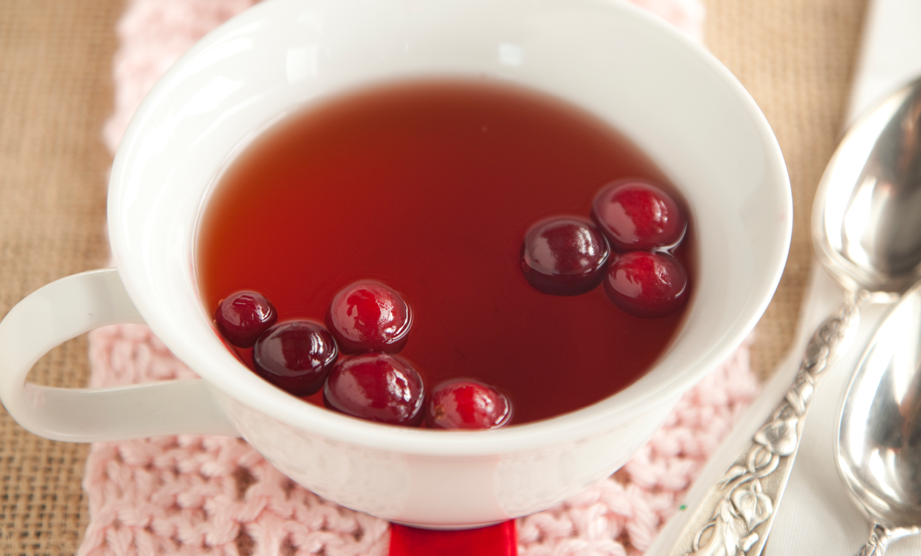
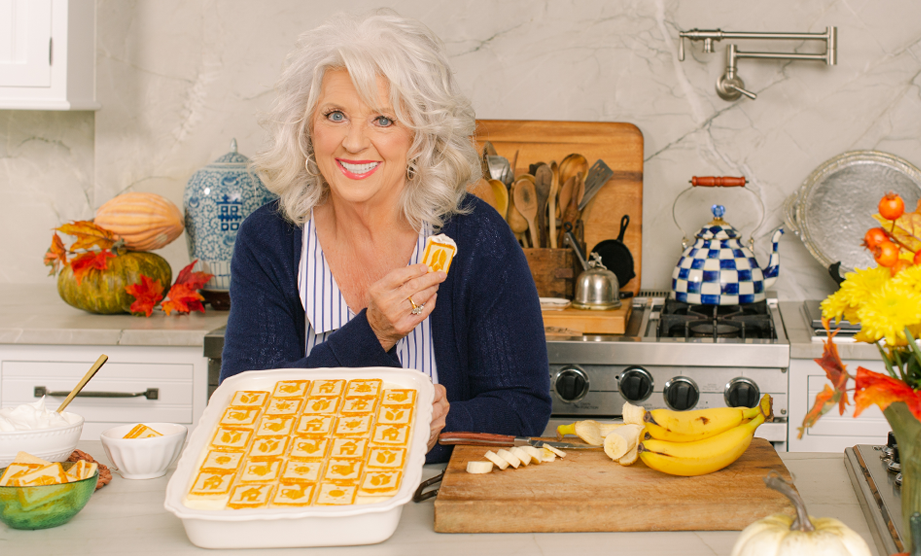

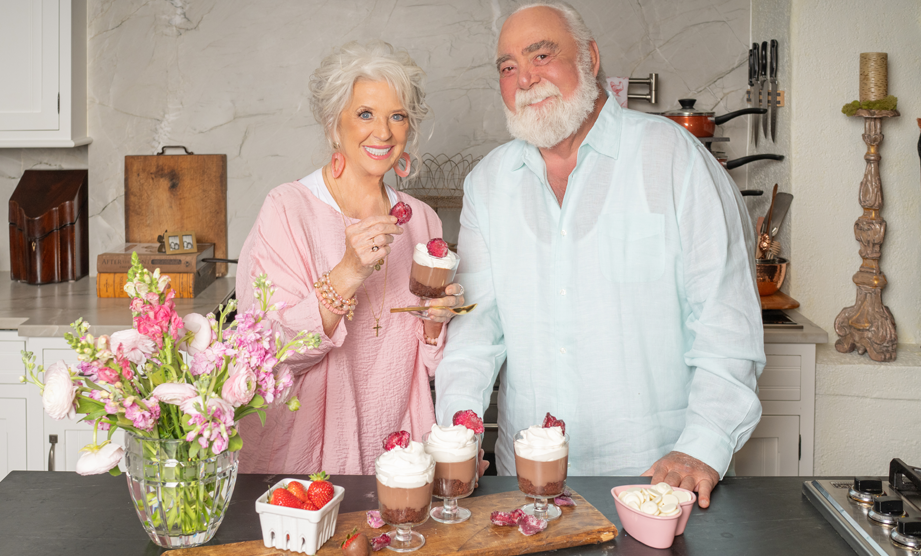

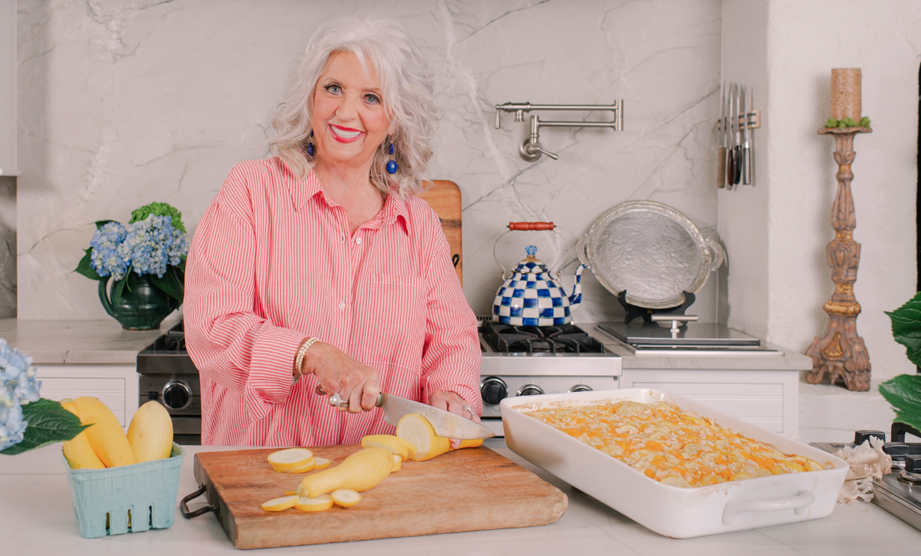
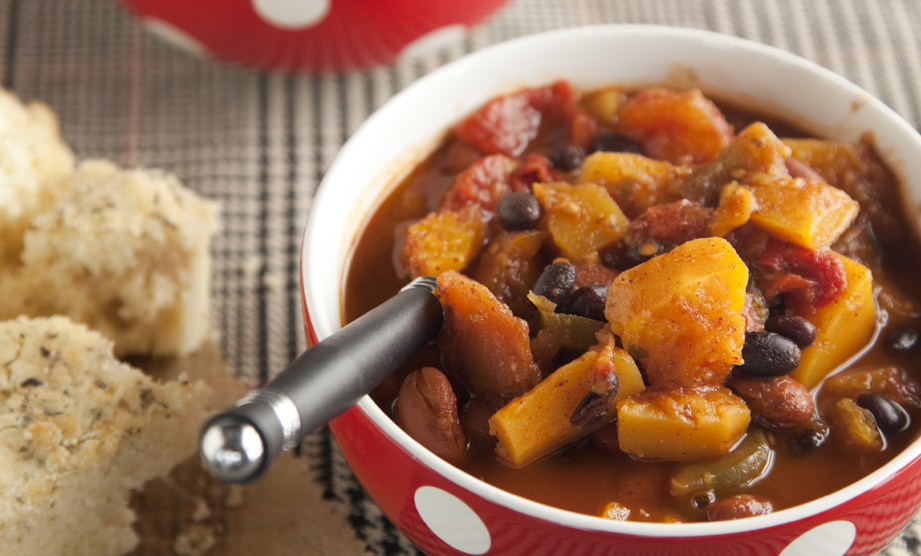
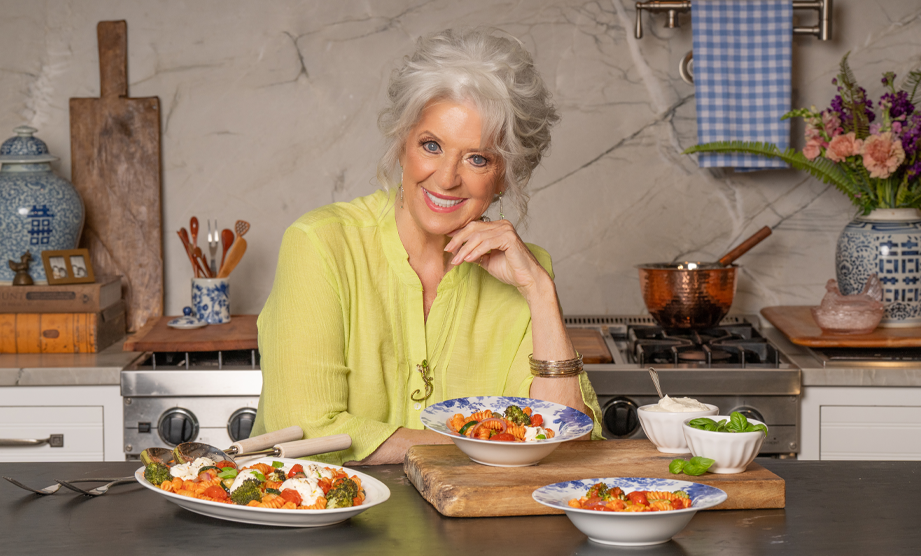

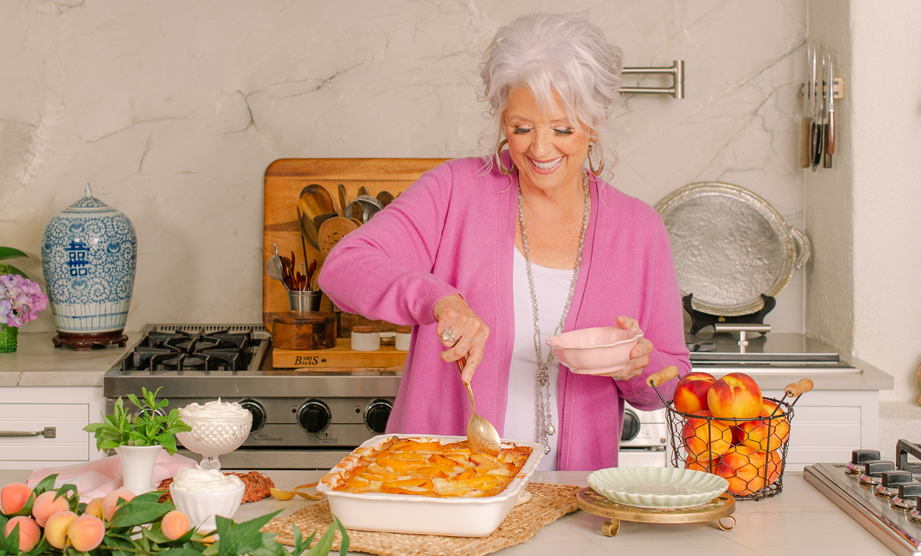
YOU’RE NOT SIGNED IN. LOGIN OR JOIN TO POST A COMMENT.